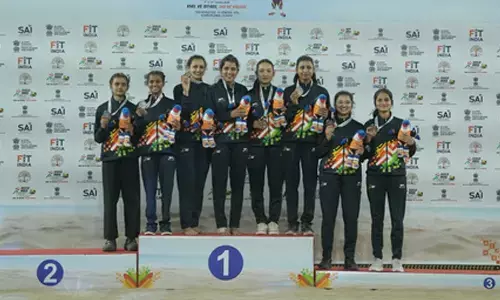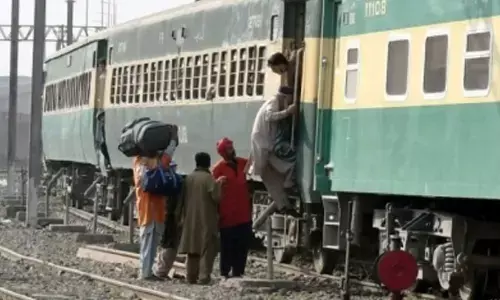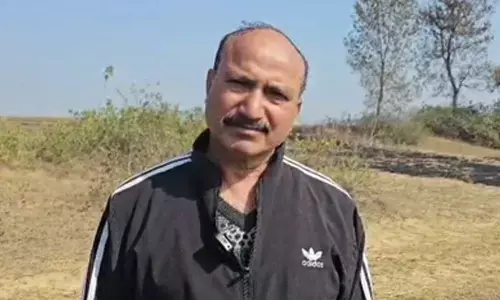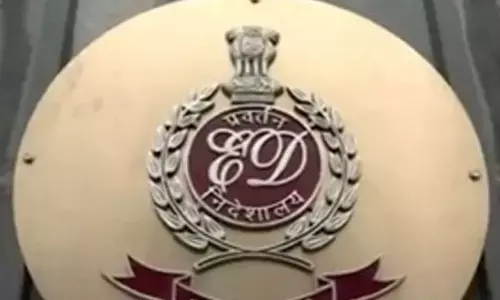Sanitation and hygiene, two eyes for public health
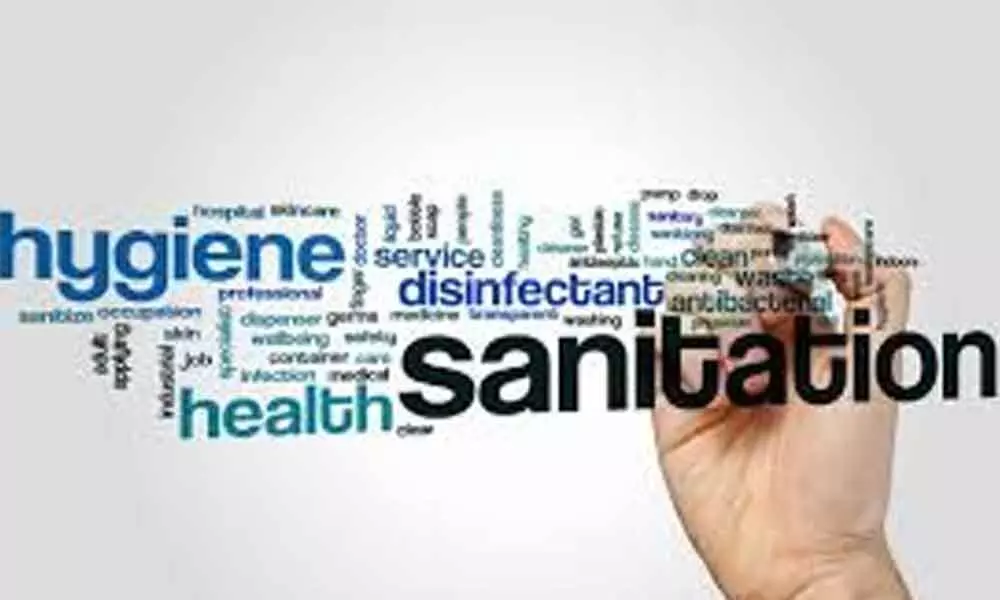
Sanitation and hygiene, two eyes for public health
Sanitation and hygiene are most important activities for the human beings to lead life effectively and stay healthy. Proper management of solid and liquid waste is an important determinant of improved sanitation in any community.
Sanitation and hygiene are most important activities for the human beings to lead life effectively and stay healthy. Proper management of solid and liquid waste is an important determinant of improved sanitation in any community. In the rural areas, sanitation and hygiene is mostly neglected due to lack of proper infrastructure, unavailability of sustainable technology at household or community level and moreover lack of adequate O&M infrastructure and awareness of common people.
The domestic waste generated in rural households of India is increasingly becoming an issue of serious concern. In fact, management of solid and liquid wastes in rural areas is much easier than in urban areas.
Because, no highly contaminated waste is present in rural areas comparatively as in urban areas. Most of the rural area waste is bio-degradable and not toxic. But due to increasing population, changing food habits, people following modern lifestyles, growing consumerism, packaging and use and throw items and use of plastics etc, the management of waste is emerging as an issue need urgent attention in rural areas also.
In rural areas local bodies have had responsibility to provide clean and green environments to the people. So Gram Panchayats must act on that and control solid and liquid waste menace. Due to sanitation problems rural people suffered a lot and many diseases occurred and people lost the lives also. So sanitation and personal hygiene is plays a crucial role healthy conditions to the human beings. Solid and liquid waste problem need to address by the gram panchayat effectively and take stringent action on violators against government rules.
Gram Panchayats take O&M measure such as construction of sheds, vehicle for transportation of waste from household to segregation shed, adequate manpower required and distribute dustbin to the each and every household. Gram panchayats make aware people for segregation of waste in to dry, wet waste at source level and change their behaviour to implement day-to-day waste management activities in village. They choose appropriate method for composting the waste and generate waste in to manure and identify waste collectors or scrap dealers for dry waste and tie up them with GPs.
Liquid waste management in the rural areas, grey water problem is very high than Black water. Waste management techniques should be decentralised, because wet waste can compost by the households at sources level. It is easy to manage by the gram panchayats. We must follow so called-4 Rs: Reduction, Reuse, Recycling and Recovery. So that, GP manage easily, otherwise it is became too difficult manage in the villages. State governments must focus on proper waste manage techniques with scientifically.
Sanitation and hygiene problems are neglected by the people, particularly rural masses. So central, state governments encourage local bodies to tackle the waste problem effectively and provide adequate financial and expertise support to control. Sanitation and hygiene are two eyes for public health. When both are manageable by the governments then only society became healthy.
Abhignav Siddhartha, Hyderabad








